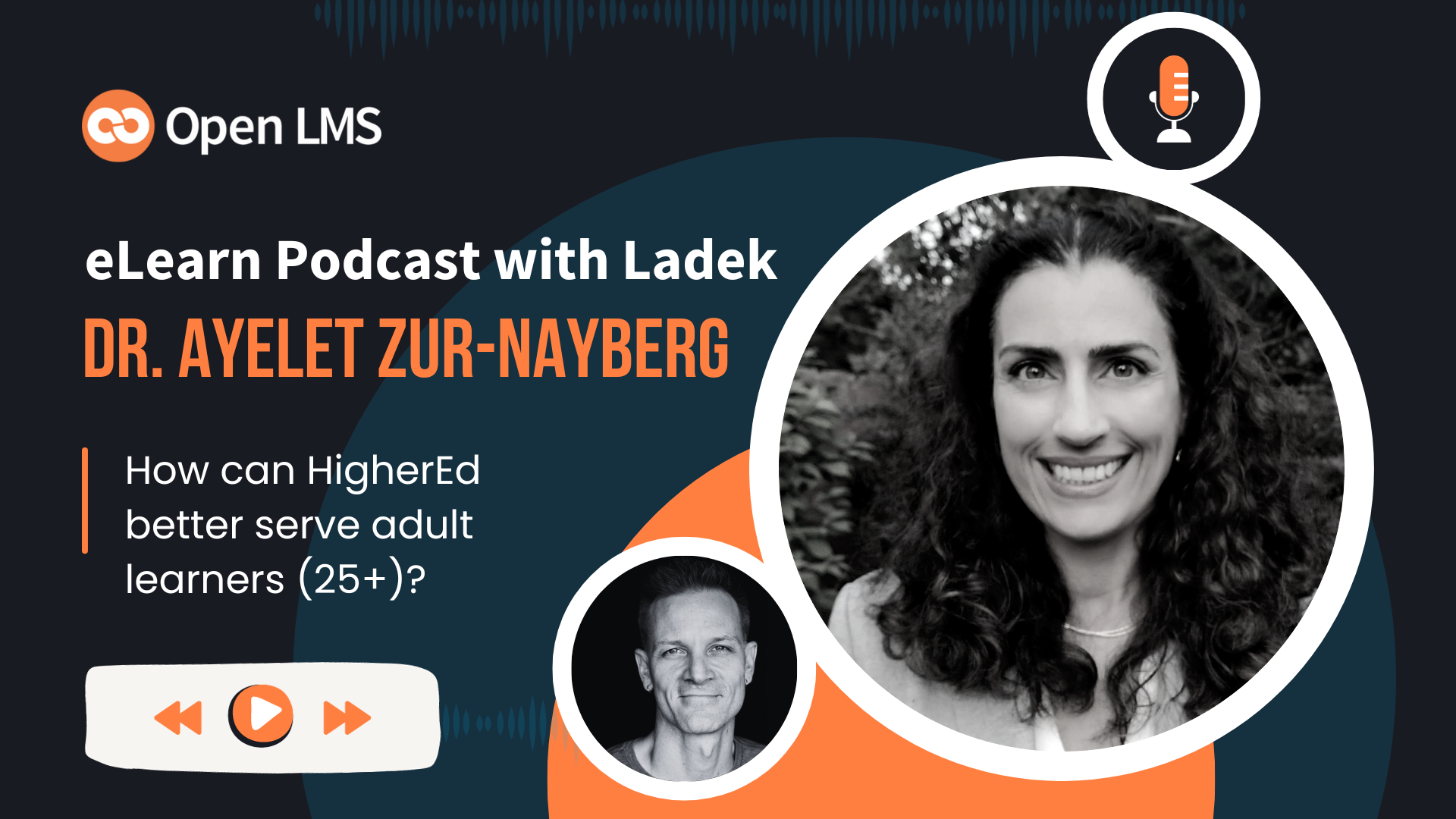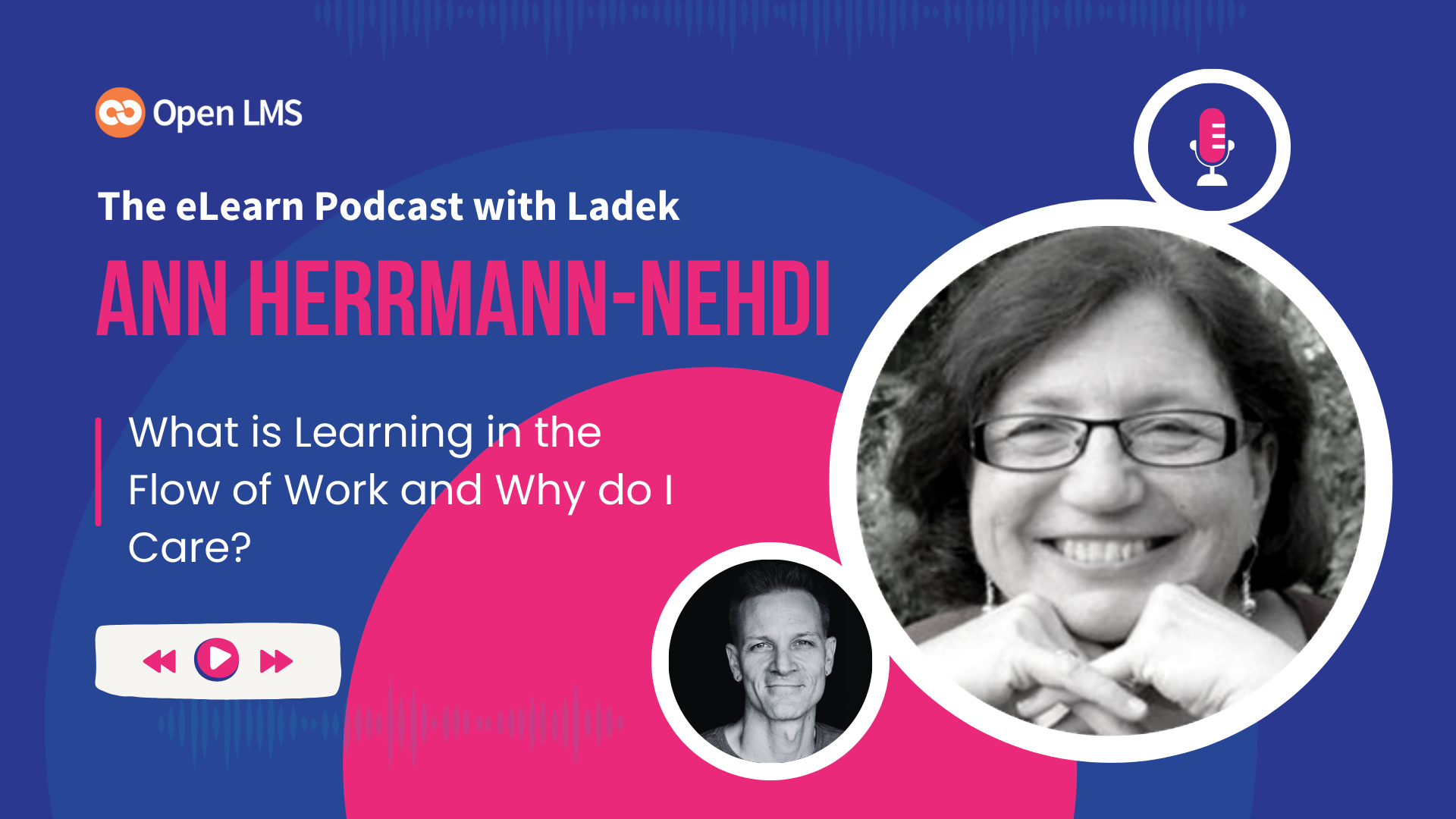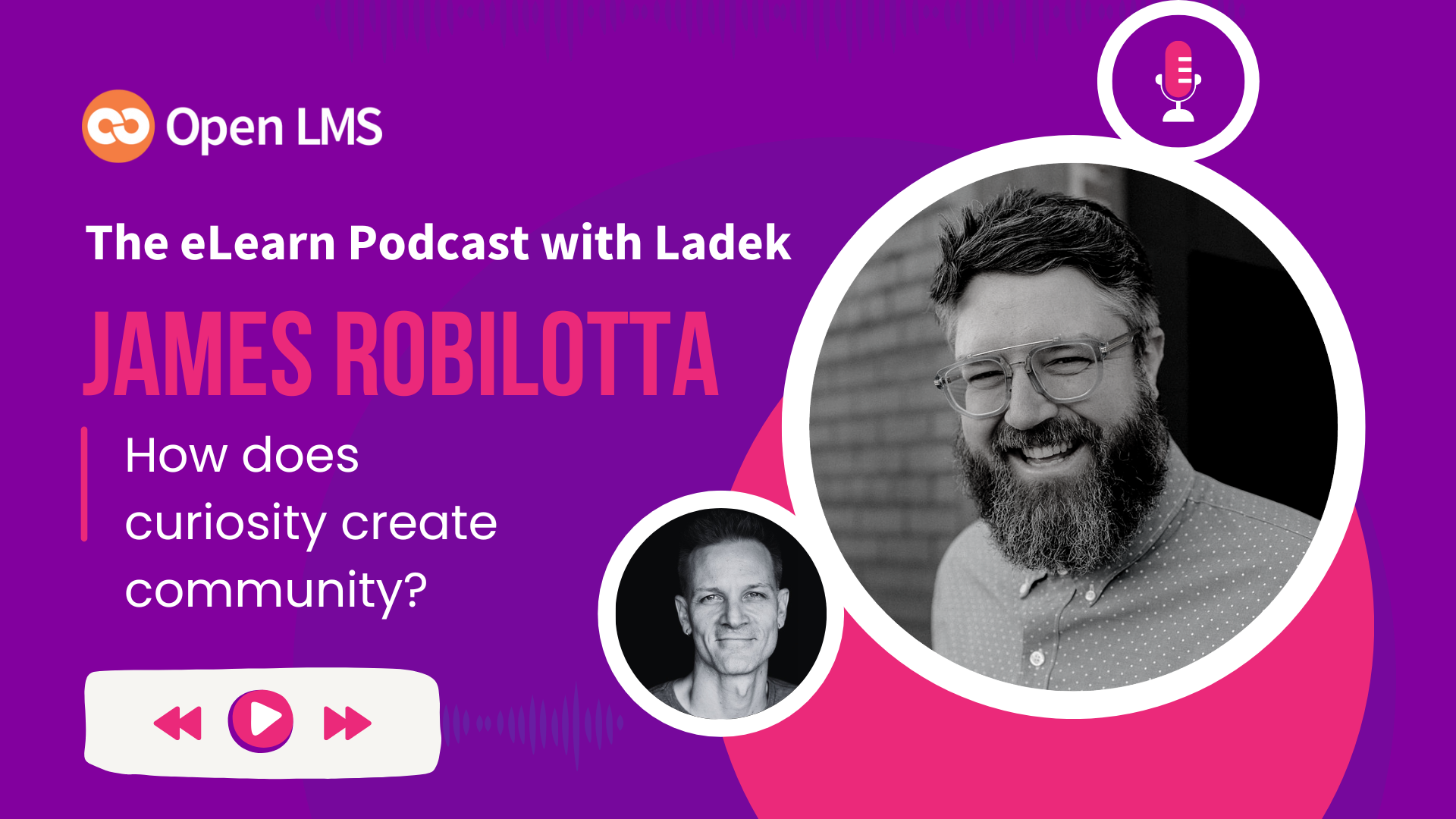Note: This article was originally published in 2017, but was recently updated.
Quick Take: Dr. Jill Biden explains the importance of community colleges as an engine of American economy and as a source of improvement for US citizens’ skills.
Jill Biden, wife of Vice President Joe Biden, is a mother and grandmother, a lifelong educator, a proud military mom, and an active member of her community. With the February 2017 launch of the Biden Foundation, Jill Biden and her husband will continue their commitment to strengthening the middle class, protecting women and children against violence, and supporting community colleges and military families.
As Second Lady, Dr. Biden worked to bring attention to the sacrifices made by military families, to highlight the importance of community colleges to America’s future, and to raise awareness around areas of particular importance to women, including breast cancer prevention, all while continuing to teach as a full-time English professor at a community college in Northern Virginia.
Dr. Biden has always said that community colleges are “one of America’s best kept secrets.” As a teacher, she sees how community colleges have changed the lives of so many of her students for the better. As Second Lady, she worked to underscore the critical role of community colleges in creating the best, most-educated workforce in the world. In 2012, she traveled across the country as part of the “Community College to Career” tour to highlight successful industry partnerships between community colleges and employers. In the fall of 2010, she hosted the first-ever White House Summit on Community Colleges with President Obama, and she continued to work on this outreach on behalf of the Administration – visiting campuses, meeting with students and teachers, as well as industry representatives around the country.

As a military mom, Dr. Biden understands firsthand how difficult it can be to have a loved one deployed overseas. Dr. Biden’s children’s book – Don’t Forget, God Bless Our Troops – was released in June 2012. Inspired by real-life events, the book tells the story of a military family’s experience with deployment through the eyes of Dr. Biden’s granddaughter, Natalie, during the year her father is deployed to Iraq. The book also includes resources about what readers can do to support military service members and their families.
Through their Joining Forces initiative, First Lady Michelle Obama and Dr. Biden issued a national challenge to all Americans to take action and find ways to support and engage our military families in their own communities. Joining Forces aims to educate, challenge, and spark action from all sectors of our society – citizens, communities, businesses, non-profits, faith-based institutions, philanthropic organizations, and government – to ensure that service members, veterans, and their families have the tools they need to succeed throughout their lives. At JoiningForces.gov, Americans can find many ways to take action.
In 1993, after four of her friends were diagnosed with breast cancer, Dr. Biden started the Biden Breast Health Initiative in Delaware, which has educated more than 10,000 high school girls about the importance of early detection of breast cancer. Dr. Biden and the Vice President have also served as the Honorary Co-Chairs for the Global Race for the Cure in Washington, D.C. As Second Lady, Dr. Biden continued to stress the importance of breast cancer research and early detection.
Dr. Biden has been an educator for more than three decades. Prior to moving to Washington, D.C., she taught English at a community college in Delaware, at a public high school and at a psychiatric hospital for adolescents. Dr. Biden earned her Doctorate in Education from the University of Delaware in January of 2007. Her dissertation focused on maximizing student retention in community colleges. She also has two Master’s Degrees — both of which she earned while working and raising a family. E-Learn had the honor to talk with her about her perspective on education.

What motivated you to become an educator? Was there a defining moment or influence in your life that made you pursue this path?

Growing up, I sometimes had the chance to watch my grandmother teach in her one-room schoolhouse. She had an infectious enthusiasm for learning and was especially passionate about reading. I’ll never forget listening to her read Mary Poppins aloud, with every child enthralled by her voice – me included! I saw just how powerful teaching could be by watching her.
She fostered a love of reading that has stayed with me my whole life. And as I got into education, I wanted to help build those skills in my students, even those who weren’t lucky enough to have teachers like my grandmother early on. That’s why I taught remedial reading, trying to help students of all ages not just learn to read – but learn to love it, too.

In today’s complex global education landscape, what role can educators play in helping students overcome obstacles to success?

Great teachers make all the difference – because the most important thing they teach isn’t what’s on the whiteboard. It’s helping them think in different ways and challenging students to push themselves. It’s teaching students to believe in themselves.
When teachers connect with students like that, the ramifications are huge. Confidence built in a math class might help a student finish a book in a classroom down the hall, or believe that college is an attainable goal, or even set the course for success years down the line.
That’s what I think students mean when they say a teacher changed their lives. Chances are that the classroom material will fade to some extent as time goes by. But helping someone change the way they see themselves? That’s powerful.

You’re a community college professor and are a strong advocate of the importance of community colleges. What role do you believe community colleges should play in the future of education?

A growing number of the available jobs in this country require some form of higher education. So the simple fact is that, for our economy to function – and for members of our communities to have a chance at good, rewarding, high-paying jobs – we need higher education to be more accessible.
That’s exactly what community college does, and it does it for students of all ages and life circumstances. Sometimes that’s offering an associate degree to a person who dreams of going into a trade. Sometimes that’s having flexible classes, so a student can juggle caring for family, holding a job, and pursuing an education at the same time. Or sometimes, it’s the most affordable path toward a four-year degree at a moment when the price of college is increasingly expensive.
For me, the bottom line is this: If you want to learn a skill that can help your community and provide a better life for your family, you should have that chance – no matter how old you are, where you come from, or how much money your family makes. Community colleges are one of the best tools we have for helping us get there.
“If you want to learn a skill that can help your community and provide a better life for your family, you should have that chance.”

We know from research that it is taking students longer to complete their credentials. What do you think we can do to help students graduate on time? Is there a particular way that technology can help?

If we want more students to graduate on time, the most important thing we can do is invest in early childhood education. I know it’s counterintuitive to solve a problem you see at the end of an education by focusing on the beginning, but as we all know, education builds upon itself. If the foundation isn’t solid, it’s going to get harder and harder to expand on it in the later years. And I also think technology can help meet students where they are and solidify that foundation in places where it’s shaky.
A couple of years ago, I visited a lab at Austin Community College where faculty taught developmental math, using technology to identify specific areas where students needed help. The results were just incredible. One woman, a new mom who was working full time while going to college at night, told me that she’d struggled with math anxiety for her entire life. Using the lab helped her conquer challenging concepts. Now, she wants to be a math teacher!

As a professor, how have you used technology in your classes?

Probably the most cutting-edge technology I’ve used in my classroom is 3D video with Google Cardboard. Implementing exciting tech like this is a simple way to get students engaged, and it can inspire them to think critically about the world around us. It is truly magic.
For my day-to-day – and this isn’t flattery; it’s the honest truth! – the technology I use most in my classes is Blackboard. It’s so helpful to have everything in one easily accessible place, from my syllabus to extra articles I suggest for students if they want to pursue a subject further. I’ve seen how much it helps students stay on top of their studies, and how it can be helpful for parents who want some visibility into their children’s education, too.
Blackboard also helps build community in a class, which is one of the most important things to me. The discussion boards are a place for my students – even the ones who can be nervous about speaking up in the classroom – to engage with me and one another in a thoughtful way.
And frankly, the fact that I’m still a novice with some of this technology bonds me with my students, too. They love teaching me about it, and I love learning! It’s a fun role reversal.

What are you most excited about when you think about the future of education?

I’m excited because I see teachers with more and more tools at their disposal for connecting with their students.
We were just talking about new technologies, and that’s definitely part of this. I was in Tennessee earlier this year, and I saw teachers using computer quizzes that asked reading comprehension and vocabulary questions that could adjust based on the students’ performance. They were so engaged – you could see their confidence building as they moved through the lesson.
But new technology is just one of the tools teachers have. When I was in Malawi, I saw a teacher who based lessons around rhyme and song. It was stunning to see the amount of joy and understanding she elicited through that technique that’s probably as old as teaching itself. So I think it’s important that we teachers remember that the techniques at our disposal aren’t shifting – they’re expanding.

Are you optimistic about the current global education trends? At a high level, are societies and nations in general doing a good job of implementing this great equalizer?

Yes, I’m very optimistic. Of course, progress is uneven – it always is. And in my travels, I’ve seen some heartbreaking situations with schools and students who aren’t getting the resources they need. But I’ve also been inspired by the heart, strength, and determination I’ve seen again and again.
When I was in India, I watched girls coming from some of the poorest slums, dressed for school in pristine, starched white shirts. They dressed with incredible care, because their education was one of the most important things in their lives.
And I once met a principal of a girls’ school in Jordan, an elementary school outside Amman, named Maha Al Ashqar. With the incoming Syrian refugees, her classes were becoming overcrowded, and she knew they didn’t have the resources to take on any new girls. But she also couldn’t turn desperate, often sobbing mothers away. So she came up with a solution: send your daughter to school with a chair – any chair you can find – and she can enroll. And since then, with an array of beat-up old chairs, and the help of those mothers serving as teacher’s assistants, she’s been able to enroll 65 new refugee students. Stories like that give me a lot of hope.

In the US and globally, we have seen a re-examination of the purpose of higher education that reflects a greater shift to workforce readiness. Do you see this happening? Why/why not?

I do see this happening, because as jobs become more technical, they require more training. Community colleges and apprenticeship programs in particular are helping close the skills gap.
A couple of years ago, I hosted a bus tour with the Secretary of Labor called “Community College to Career,” which highlighted partnerships between industry and community colleges to help train workers. The administration also hosted the first ever White House Apprenticeship Summit and invested in apprenticeship programs across the country.
We focused on workforce readiness because we believe deeply in it. As a teacher, I see how engaged my students are when they know that what they’re learning will be useful to them down the line. And we’re all better off when businesses can find the workers they need to do their best work and when people can find the jobs they need to live their best lives.







